Search
Remove Ads
Advertisement
Summary 
Loading AI-generated summary based on World History Encyclopedia articles ...
Search Results
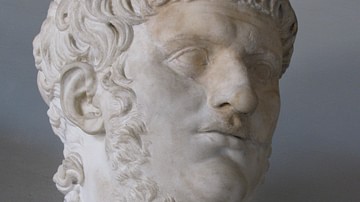
Definition
Nero
Nero was Roman emperor from 54 to 68 CE. The last of the Julio-Claudian emperors to rule the Roman Empire, his 14-year reign represents everything decadent about that period in Roman history. He was self-indulgent, cruel, and violent as well...
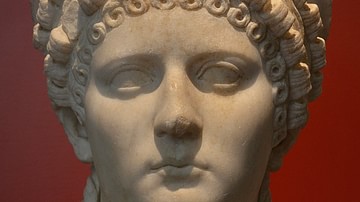
Definition
Poppaea Sabina
Poppaea Sabina (30-65 CE) was the wife of Praetorian prefect Rufrius Crispinius and then Marcus Salvius Otho (r. 69 CE) before she became the second wife of Roman emperor Nero (r. 54-68 CE). Considered by ancient sources both attractive and...
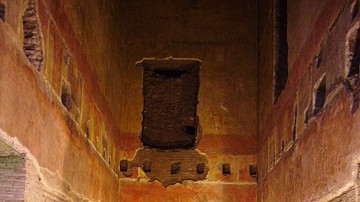
Article
Nero's Golden House (Domus Aurea)
Nero's Golden House (the Domus Aurea) in Rome was a sumptuous palace complex which played host to the wild parties of one of Rome's most notorious emperors. Besides using the finest marble and decoration such as fine wall-painting and gilded...
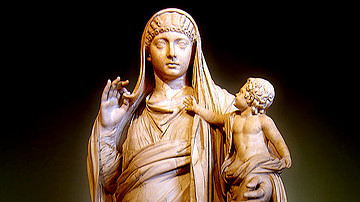
Definition
Britannicus
Britannicus (41-55 CE) was the second child and only son born to the Roman emperor Claudius (r. 41-54 CE) and Valeria Messalina (c. 20-48 CE). Seen as a threat by Claudius' fourth wife, Agrippina the Younger (15-59 CE), and her son, the future...

Definition
Agrippina the Younger
Julia Agrippina or Agrippina the Younger (6 November 15 - 19/23 March 59 CE) was a prominent woman during the early Roman Empire, niece to Tiberius (r. 14-37 CE) and Claudius (41-54 CE), whom she married, sister of Caligula (r. 37-41 CE...

Definition
Hasdrubal Barca
Hasdrubal Barca (c. 244-207 BCE) was the younger brother of the Carthaginian general Hannibal (247-183 BCE) and commanded the forces of Carthage against Rome in Spain during the Second Punic War (218-202 BCE). They were both, along with another...
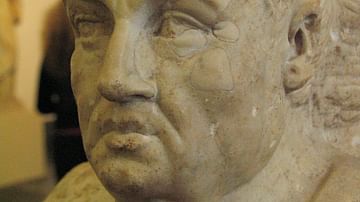
Definition
Seneca
Lucius Annaeus Seneca (Seneca the Younger, l. 4 BCE - 65 CE) was a Roman author, playwright, orator, and most importantly a tutor and advisor to the Roman emperor Nero (r. 54-68 CE). Influenced by Stoic philosophy, he wrote several philosophical...
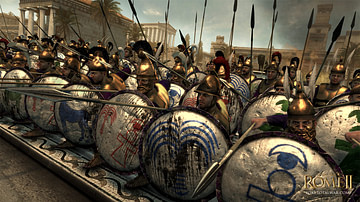
Definition
Battle of the Metaurus
The Battle of the Metaurus (207 BCE) was a military engagement fought between the forces of Rome under Gaius Claudius Nero (c. 237 - c. 199 BCE), Marcus Livius Salinator (254-204 BCE), and L. Porcius Licinius and the Carthaginians under Hasdrubal...

Definition
Gospel of John
In the canon of the New Testament, the fourth gospel of John is uniquely different from the other three, known as the Synoptics ("seen together"). Mark, Matthew, and Luke have parallel ministries and methods of relating the story of Jesus...

Definition
John the Baptist
John the Baptist (d. c. 30 CE) was a 1st-century CE itinerant preacher in Judea. We do not know his full name, but he is recognized by his activity. 'Baptizer' (Greek: baptizo) was translated directly into English and meant 'to immerse' or...